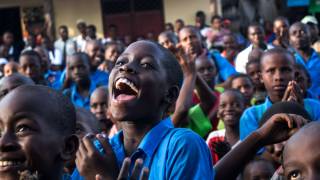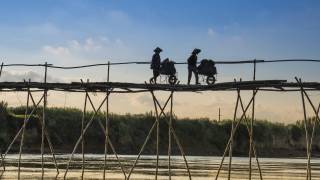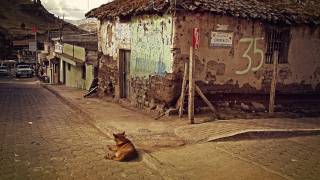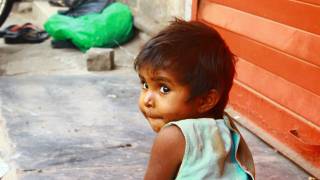Typhoid Conjugate Vaccine Booster Suggested for Certain Children
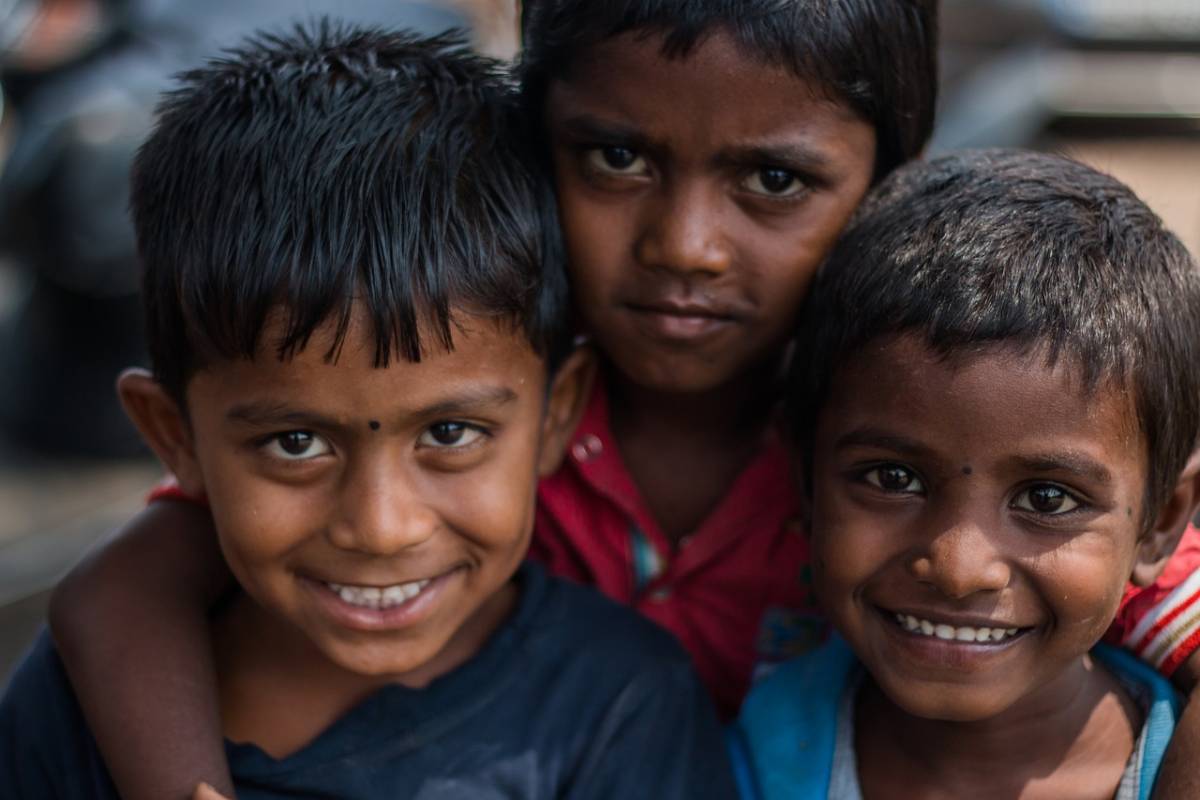
The World Health Organization (WHO) recommends administering a single typhoid conjugate vaccine (TCV) dose to children in high-burden countries. To better determine the TCV's efficacy, researchers extended the follow-up of the TyVAC clinical trial to assess protection five years after vaccination.
Published by The Lancet (Volume 404, Issue 10461) on October 12, 2024, these researchers conducted a cluster randomized controlled trial (ISRCTN11643110) in Dhaka, Bangladesh, between 2018 and 2021.
This study identified a decline in the protection conferred by a single-dose TCV 3–5 years after vaccination, with the greatest decline in protection and immune responses observed in children vaccinated at younger ages.
These researchers suggest that a booster dose of TCV around school entry age might be needed for children vaccinated when younger than two years old to sustain protection against typhoid fever during the school years when the risk is the highest.
This recommendation is essential as about nine million typhoid cases and 93,300 related fatalities are reported annually worldwide. Typhoid fever is a life-threatening infection caused by the bacterium Salmonella Typhi. It is usually spread through contaminated food or water.
The WHO currently recommends four different TCVs. These vaccines have been established as safe, well-tolerated, and effective.
The WHO writes that travelers to destinations with a high risk of typhoid fever be offered a typhoid vaccination. TVCs are available at travel clinics and pharmacies in the U.S.
The Bill & Melinda Gates Foundation funded this study.
Our Trust Standards: Medical Advisory Committee


